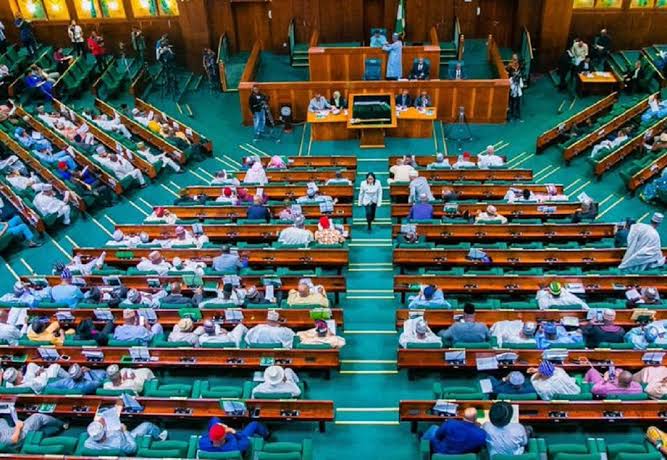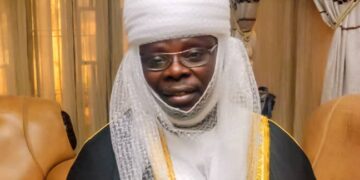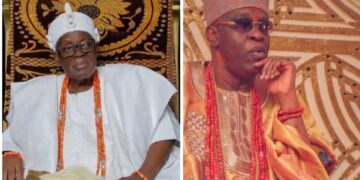The House of Representatives Committee on Constitution Review has proposed the creation of 31 new states across the six geopolitical zones of Nigeria, a move that could expand the country’s sub-national governments from 36 to 67.
The proposal was announced during Thursday’s plenary session, presided over by Deputy Speaker Benjamin Kalu in the absence of Speaker Tajudeen Abbas.
The committee, chaired by Kalu, outlined the requirements for state creation and emphasized that any new state must meet constitutional provisions, including support from at least a two-thirds majority of the National Assembly.
The North Central zone is set to get six new states, while four are proposed for the North East, five for the North West, five for the South East, four for the South-South, and seven for the South West. The proposed states include Okun, Okura, and Confluence (from Kogi); Benue Ala and Apa (from Benue); Amana (from Adamawa); Katagum (from Bauchi); Savannah (from Borno); Muri (from Taraba); and FCT State.
In the North West, New Kaduna and Gurara are proposed from Kaduna, while Tiga and Ari are expected from Kano, and Kainji from Kebbi. In the South East, the proposed states include Etiti, Orashi, Adada (from Enugu), Orlu, and Aba.
For the South-South, the committee proposed Ogoja (from Cross River), Warri (from Delta), Ori, and Obolo (from Rivers). In the South West, new states include Torumbe (from Ondo), Ibadan (from Oyo), Lagoon (from Lagos), Ijebu (from Ogun), and Oke Ogun/Ijesha (from Oyo, Ogun, and Osun).
The committee stressed that all proposals must adhere to constitutional requirements, including endorsements from relevant state houses of assembly, local governments, and stakeholders. Memoranda supporting the state creation proposals must be submitted in hard copy to the House Committee Secretariat at the National Assembly, while electronic copies should be sent to the designated email address.
The proposed state creation initiative has sparked nationwide discussions on the economic viability, governance structure, and political implications of expanding Nigeria’s sub-national entities.

















